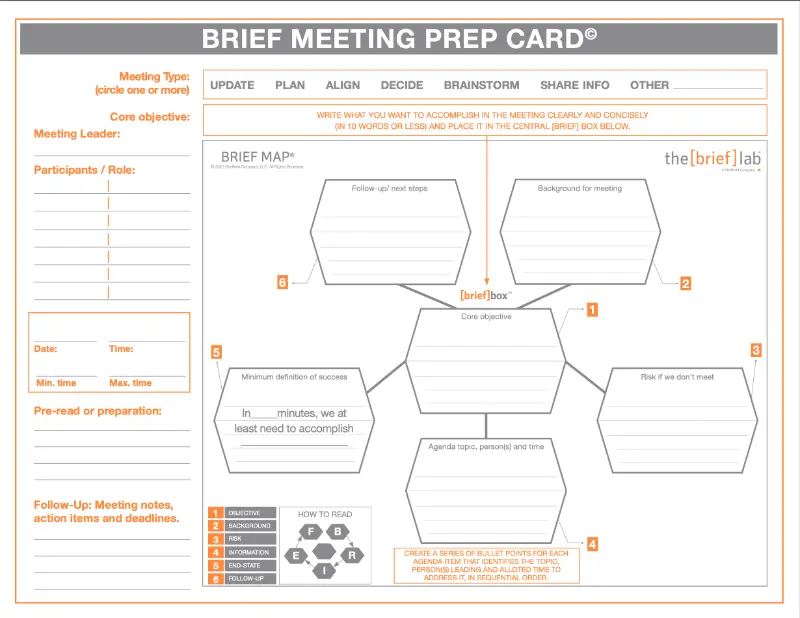Information overload is one of the most common issue executives struggle with daily. We are drowning in information, and it floods us everywhere we go: From the moment we wake up in the morning, through breakfast, on the commute to the office, at the office, on the commute back home, through dinner, and right up to bedtime.
Information overload can lead to what it’s called “decision fatigue.” You get tired of having to make the simplest decisions, such as selecting your clothes for the day.
Famous leaders such as Steve Jobs, President Barack Obama, or Mark Zuckerberg, all have chosen to reduce their decision-making simply by sporting the same outfit everyday. Why? Because they chose to manage their attention and focus on what’s important, and limit decision-making on unimportant things.
Information Overload
Did you know we consume around 74 gigabytes—nine DVDs worth—of data every single day?
Imagine how hard it is for a manager to hold people’s attention, to stay focused and pay attention to the important things, to not get distracted by emails, meetings, social media messages, and more.
In this Harvard Business Review article, Danilel Goleman talks about the neuroscience behind focusing our attention, and why is important that leaders learn to focus beyond one thing while filtering everything out.
He found every leader has to cultivate a triad of awareness: Focus on yourself, focus on others, and focus on the wider world. Thus, it will help them cultivate the primary elements of emotional intelligence.
He says:
“Focused leaders can command the full range of their own attention: They are in touch with their inner feelings, they can control their impulses, they are aware of how others see them, they understand what others need from them, they can weed out distractions and also allow their minds to roam widely, free of preconceptions.”
Yes, it’s challenging, but it can be learned. It’s not about talent; it’s about dedication, willingness to pay attention to how your brain circuits work, and how it affects our body and skills.
Brevity and the Business of Managing Attention
The best way to spot great leaders is to look for brevity, which is an indicator of great leadership.
Great leaders are able to quickly focus on what’s important, make decisions, and be brief in communicating with their peers and the people they manage. Great leaders understand people need them to be brief, need clear and concise instructions, and they need them to be delivered quickly, as their span attention is limited.
Managing people’s attention is not easy and, as science proves, it has a lot to do with applying executive function skills.
In Understanding Executive Functioning Issues, Amanda Morin breaks down the process in six steps:
- Analyze a task. Figure out what needs to be done.
- Plan how to handle the task.
- Get organized. Break down the plan into a series of steps.
- Figure out how much time is needed to carry out the plan, and set aside the time.
- Make adjustments as needed
- Finish the task in the time allotted.
That’s why applying brevity to your actions, whether it’s communicating with your people via email, meetings, one-on-one meetings, or annual gatherings, helps you get your message out, and influences your audience.
Want to know more about being brief? Check out The Brief Practitioner, an online course from The Brief Lab that teaches executives how to avoid information overload and become lean, effective leaders and communicators.

